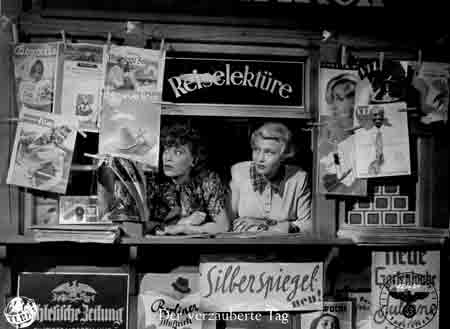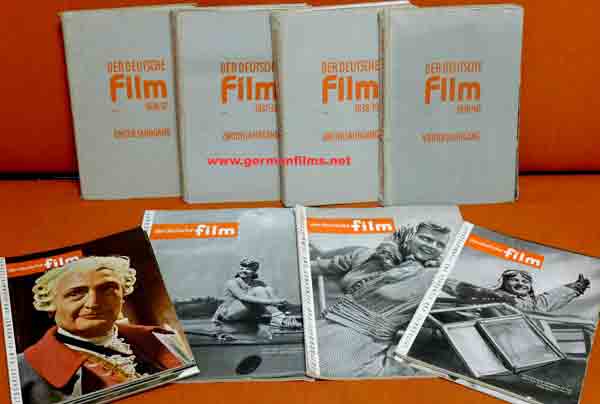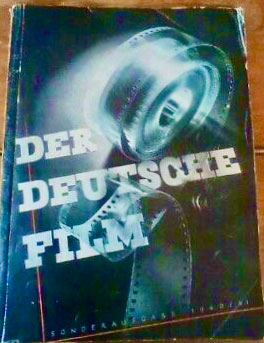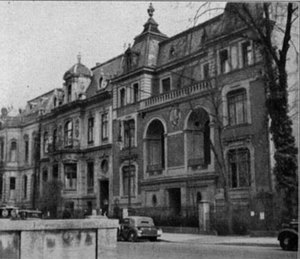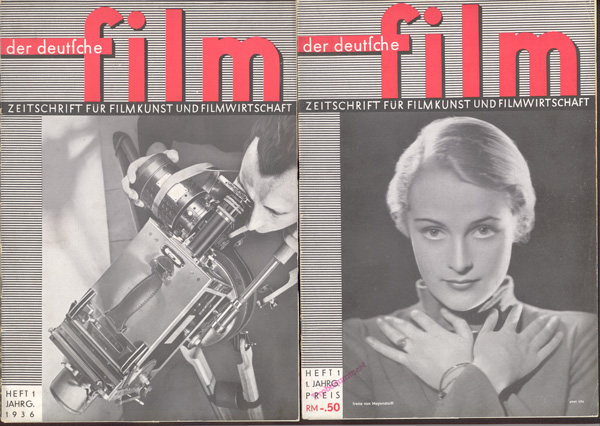- Home
- POSTER GALLERY
- ❗️BOOK & POSTER STORE❗️
- About the Posters
- The William Gillespie Collection
- Our Publishing House
- ❗️GFDN interviews author and collector William Gillespie ❗️
- Our most expensive & inexpensive finds!
- ❗️***NEW!*** Poster of the Month ❗️
- ❗️NEW ❗️Film Posters – Demands on an important means of film advertising. ❗️
- In our Book + Zeitschrift Library
- ❗️ ***NEW!*** Hitler Youth Quex – A Guide for the English–speaking Reader ***NEW!*** ❗️
- ❗️***NEW!*** Table of Contents of our new HJ QUEX book❗️
- ❗️Hitler Youth Quex Guide - early praise! ❗️
- Recent loans from the Collection
- Farewell Horst Claus. (1940–2024)
- "Der Deutsche Film" Zeitschrift
- ❗️ ***NEW!***German "Tendency" Films (Tendenzfilme) in the Third Reich ❗️
- KARL RITTER
- Karl Ritter original film posers in this Collection
- "Besatzung Dora" ( † 1943)
- "The Making of The Crew of the Dora"
- Karl Ritter at the 1938 Reichsfilmkammer Congress
- INDEX -"Karl Ritter" book, 2nd edition
- Karl Ritter's Legion Condor (1939, unfinished)
- Excerpt from our "Dora" book
- ∆∆∆∆∆ High praise for our DORA book! ∆∆∆∆∆
- TABLE OF CONTENTS – "Legion Condor"
- § § § § § Early Praise for our LEGION CONDOR book! § § § § §
- ❗️"Das Leben geht weiter" and Karl Ritter ❗️
- Zarah Leander Europe–wide !
- Japan Military Film and Karl Ritter
- Karl Ritter after 1945
- 1935 Film Congress
- Poster Exhibition in Berlin, March 1939
- Potsdam poster exhibition 12 April–25 August 2019
- Leni Riefenstahl's two "Olympia" Films (1938)
- "Ohm Krüger" (1941)
- Emil Jannings
- "Blutendes Deutschland" (1933)
- Hannes Stelzer ( † 1944)
- Klaus Detlef Sierck ( † 1944)
- Film stills
- Reich Film Censorship Offices
- ❗️Dateline: Ufa - April 11, 1945 ❗️
- ❗️***NEW!***The Fate of the German Film Industry in May 1945 ❗️
- Film censorship cards
- Film Archives
- Cinema advertising
- School filmstrips
- ❗️UPDATED❗️ Z F O / Ostland Film G-m-b-H
- Z F O / Herbert Jacobi estate
- ZFO / Ostland Film newspaper articles
- ❗️***NEW!*** Roter Nebel / Red Fog / Red Mist (1942/1943, ZFO) ❗️
- ZFO - Der Rückkehrer - The Returnee (1943/1944)
- The D F G production company
- D I F U
- ❗️ ***NEW!*** "Carl Peters" – Special Collection. ❗️
- "Alcazar" (1940, Genina)
- "Der 5. Juni" (1943, banned)
- ❗️ ***NEW!*** Herbert Selpin and his "Titanic" (1943) ❗️
- ❗️ ***NEW!*** Ein Robinson (1940, Fanck) ❗️
- "Fronttheater" (1942)
- Veit Harlan's Jud Süß and Fritz Hippler's Der Ewige Jude
- Harlan "Jud Süß" trial 1949
- Werner Krauss & JUD SÜß
- Anti-Semitic Film Posters in the Collection
- "Heimkehr" (1941)
- "Hitlerjunge Quex" (1933)
- ❗️***NEW!*** Hitlerjunge Quex in 111 Greater Berlin Cinemas ❗️
- Jürgen Ohlsen
- "S.A.Mann Brand" (1933)
- "In der roten Hölle" (Edgar Neville, 1939)
- "Helden in Spanien" (1938)
- The Spanish Civil War in Film
- Andrews Engelmann (1901 – 1992)
- Deutsche Wochenschau
- Uƒa Feldpost
- Uƒa Kulturfilm – Informationen
- " Die Tochter des Samurai" (1937, Fanck)
- Ufa 25th Anniversary
- Invitations to world premieres
- ❗️***NEW!*** Continental Films, Paris 1940–1944 ❗️
- Film Censorship in Occupied Paris 1942
- "Der Sieg des Glaubens" (1933)
- Wilhelm Althaus Estate
- Weimar Germany posters
- Ufa and the Ordensburgen
- The Gaufilmstelle in our Collection
- "Zwei Welten" (1940)
- "Capriccio" (1938) –Karl Ritter film album
- Unrealised NS Propaganda Films 1934–1945
- German Film Directors accused of "war crimes"
- Australian––themed NS feature films
- "Der Störenfried" / "The Troublemaker"
- What was new in 2014?
- What was new in 2015?
- What was new in 2016?
- What was new in 2017?
- What was new in 2018?
- What was new in 2019?
- What was new in 2020?
- What was new in 2021?
- What was new in 2022?
- What was new in 2023 ?
- What's new in 2024?
- ❗️***NEW!*** Hitler assassination attempt in Karl Ritter film cut❗️
- BESATZUNG DORA private photos
- Just discovered 1942 article on BESATZUNG DORA
- The Karl Ritter Tetralogy
- Google Analytics 2023
- Our first–ever acquisition!
- ❤️"Some of our favourite things....!"❤️
- ERRATUM for our " Hitler Youth Quex Guide"
- Trending
- Vale †
- Our Wants List / 2024 / Wunschliste
- Pop Quiz
- Unsere KARL RITTER Bücher in Deutschland liefbar!
- WHERE to buy our books right now?
- ✉️Contact
 “History is not about the facts. It is about the context and who is telling the story.” —Prof. Milton Fine.
“History is not about the facts. It is about the context and who is telling the story.” —Prof. Milton Fine.
"Who controls the past controls the future: who controls the present controls the past." –– George Orwell in his novel "1984."
"Whoever doubts the exclusive guilt of Germany for the Second World War destroys the foundation of post–war politics." –– Prof. Theodor Eschenberg, Rector, the University of Tübingen.
"If we have our own why in life, we shall get along with almost any how." – Friedrich Nietzsche
POSTER GALLERY --view
over 500 German film
original posters between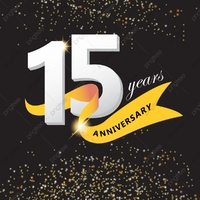
1927–1954 from
Germany and from
many Axis and Neutral countries
across Europe!
Note! Posters in the Poster Gallery are PERMANENT
acquisitions which are NOT FOR SALE!! ONLY the
posters listed in our POSTER STORE are for sale.
(They have a price and order button to use.)
Der Deutsche Film – Zeitschrift für Filmkunst &
Wirtschaft – published by Goebbels'
Reichsfilmkammer
The monthly publication of the Reichsfilmkammer, Der Deutsche Film, is especially rare. Annual circulation was only 6500 copies (Walter,Harald, Die Werbung fuer den deutschen Film, Dresden, 1941, pg.123) and mostly confined to the film industry and film trade as well as overseas agencies. From 1936 to mid-1943, 81 individual issues and one "Sonderausgabe 1940/41" large format issue of this magazine were published.
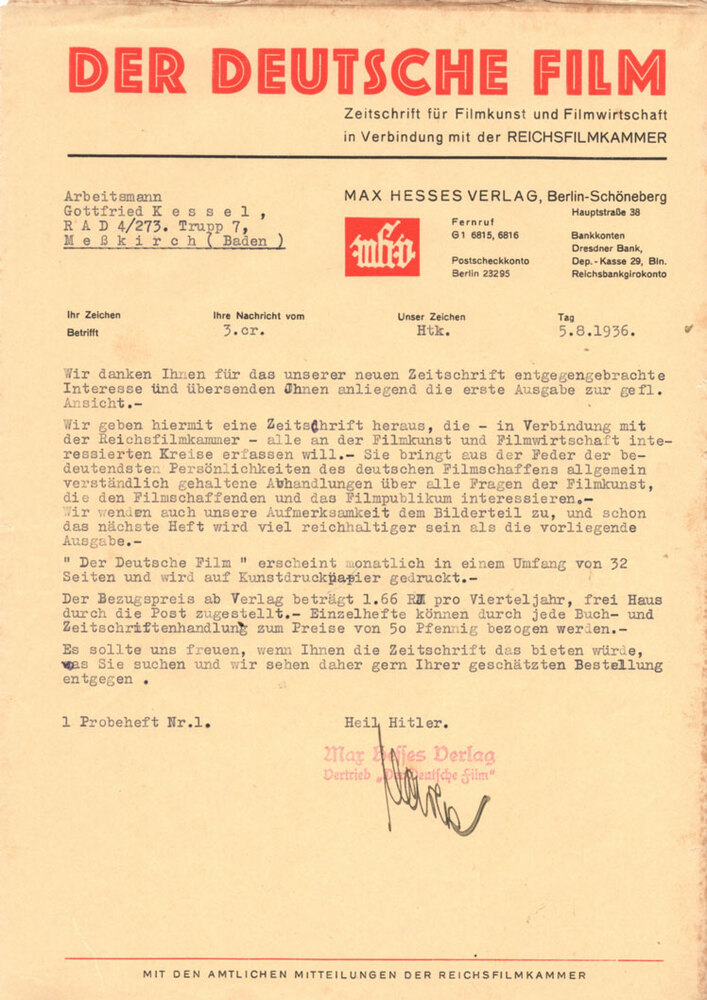
In his book Film in Staat und Partei (Der Film Verlag, Berlin, 1936) Reichspropagandaleitung Amt Film leader Curt Belling stated:

The magazine was banned by the Allies as a forbidden publication at the end of WWII (http://vho.org/censor) and all known copies pulled from libraries along with other propaganda and official National Socialist material and burned. Whereas the Nazis burned marxist and other ideological publications with great public flare as a symbolic act in 1933 -- heralding the end of the Weimar era decadency and lassitude as they saw it -- the Allied book burnings were not so widely publicised in the immediate aftermath of the war, and the millions of books and periodicals incinerated surpassed those burned in 1933.
The Reichsfilmkammer offices ( seen on the left )were located on Bendlerstrasse 33 in pre–1945 Berlin. They were next door to the building housing the League of German Cinema Owners and in the heart of Berlin near Potsdamer Platz.
The public notice at right from July 1945, informs Berliners that they must bring all Nazi flags, banners, books, magazines (Zeitschriften), LP records, sheet music, all stock/inventory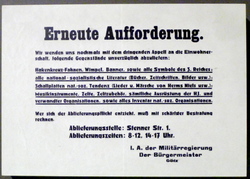 of Nazi businesses, and all items of the Hitler Youth and Party affiliated organisations to a collection point, and that shirkers will be severely prosecuted. All the books and magazines –– such as Der Deutsche Film –– were burned in massive book burnings all across Germany.
of Nazi businesses, and all items of the Hitler Youth and Party affiliated organisations to a collection point, and that shirkers will be severely prosecuted. All the books and magazines –– such as Der Deutsche Film –– were burned in massive book burnings all across Germany.
In the photo at left, a Soviet Commissar checks the holdings of a Berlin public library against his list of forbidden works, so that all such books can be removed and burned. The symbolic burning of "unGerman" books in Berlin by university students in the weeks following the just elected Nazi government was dwarfed by the mass book burning of 1945 by the victors, which destroyed millions of books, periodicals and printed matter from government archives, all public libraries, private homes and bookstores – the largest book burning in modern history,
The Gillespie Collection has, over many years of searching, managed to accumulate a full set of all 82 issues. In late 2007 two over-sized double-issues (Grossformat) from August and October 1941, published in conjunction with that year's Venice Film Festival, were scanned and sent gratis to the Berlin Film Archive of the Bundesarchiv, to fill the long-standing gap in their collection. Subsequently, scholars from the UK; America, Germany and Belgium have requested scans of particular issues.
This is but one example of the dedication to research and exchange of materials made by the Gillespie Collection.
Our collection of Der Deutsche Film is so complete that we even have the initial and withdrawn issue #1 (shown left, below) with the cameraman at work, which was replaced with a new cover photograph of actress Irene von Meyendorff. The contents of both issues is 100% the same.
The banned 1943 Peter Pewas film Der verzauberte Tag takes place around a village train station. Here is a still from the film with the female protagonists seen as news kiosk ladies. Note the DER DEUTSCHE FILM magazine issue shown in colour above left (from October 1942) shown in the film lobby card as well, on display hanging on the left side of the kiosk.....a contemporary magazine in a contemporary film in the Third Reich.
